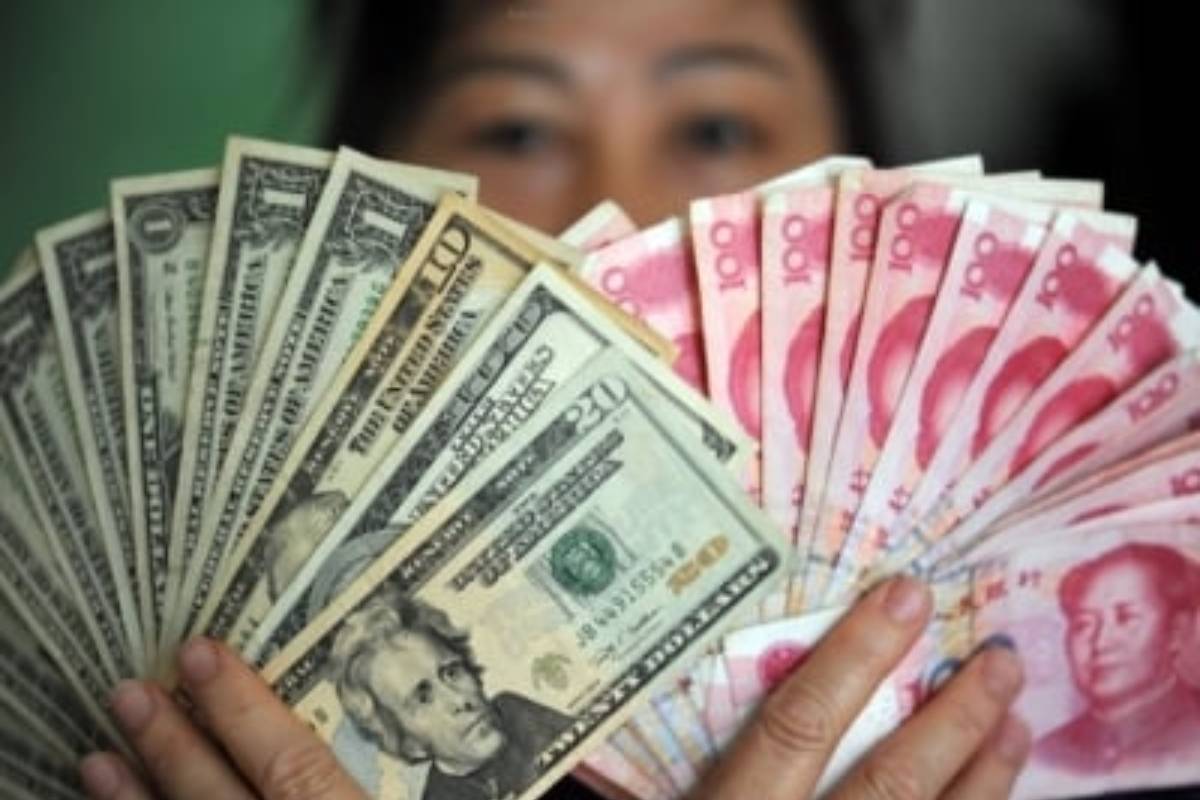Making a significant remark on key economies of Asia and Pacific, the United Nations, in a report, stated that the governments of developing Asia-Pacific countries are in urgent need of affordable and long-term financing.
It said that many of them are being forced to choose between servicing debt in a high interest rate environment or investing in education, health and social protection for their people, leading to the dire need.
Advertisement
The 2024 Economic and Social Survey of Asia and the Pacific released by the United Nations regional commission said the new perspectives and approaches can solve this long-standing challenge.
Donors should prioritize the development financing needs of recipient countries over political interests. Multilateral development banks need to improve their lending capacities, including through fresh capital injections.
Credit rating agencies should adopt a long-term perspective and appreciate that public investments to realize shared development ambitions raises fiscal credibility over time.
On the domestic front, the Survey recommends that stronger public revenue collection not only helps close the “tax gap” but also reduces fiscal risks and borrowing costs.
Apart from digitalizing tax administration, policies to increase society’s willingness to pay taxes offer untapped potential, it said.
Similarly, more developed capital markets are needed to unleash sizeable domestic savings in the region and to increase the supply of long-term capital for investments in the Sustainable Development Goals.
The Secretary-General of United Nations, António Guterres, said, “Governments of developing countries across Asia and the Pacific are victims of an unjust, outdated and dysfunctional global financial architecture. They face fiscal constraints, rising borrowing rates with shorter loan maturity and heavy debt burdens.”
Further, the report highlighted that the income inequality is also likely to widen in the region, as the value of national minimum wages, adjusted for inflation, has declined in several countries in recent years, further weakening the ability of lower-income groups to cope with weak job opportunities and high food prices.
“It is crucial to dispel the misconception that higher public debt levels inevitably lead to higher debt distress. In fact, strategic deployment of public debt to invest in the SDGs not only benefits people and the environment but also contributes to lowering public debt as a percentage of gross domestic product over the long term,” said Armida Salsiah Alisjahbana, United Nations Under-Secretary-General and Executive Secretary of the Economic and Social Commission for Asia and the Pacific (ESCAP).
The UN Survey highlighted that the average economic growth in developing countries of the Asia-Pacific region picked up from 3.5% in 2022 to 4.8% in 2023, although the rebound was concentrated in a few large countries.
GDP growth in the region is projected to remain relatively steady, but below the pre-pandemic trend, at 4.4% in both 2024 and 2025. Uncertain inflation and interest rate trends, and escalation of geopolitical tensions and trade fragmentation are examples of economic headwinds faced by economies of the region.
Elsewhere in the region, output growth in most economies moderated in 2023. Export-oriented countries faced weak external demand, especially from China and Europe.
International tourist arrivals in the region stood at only 62% of pre-pandemic levels compared with the global average of 87%, it highlighted.











